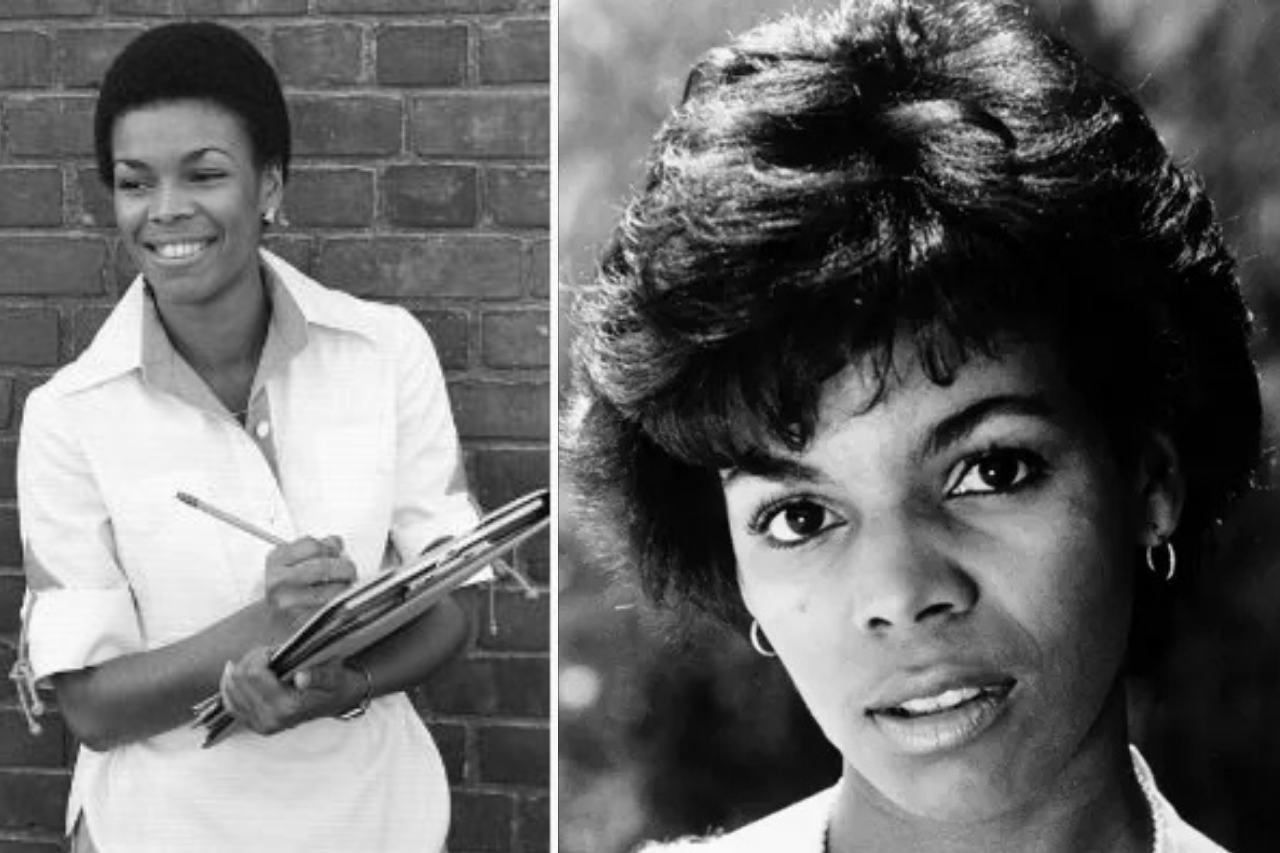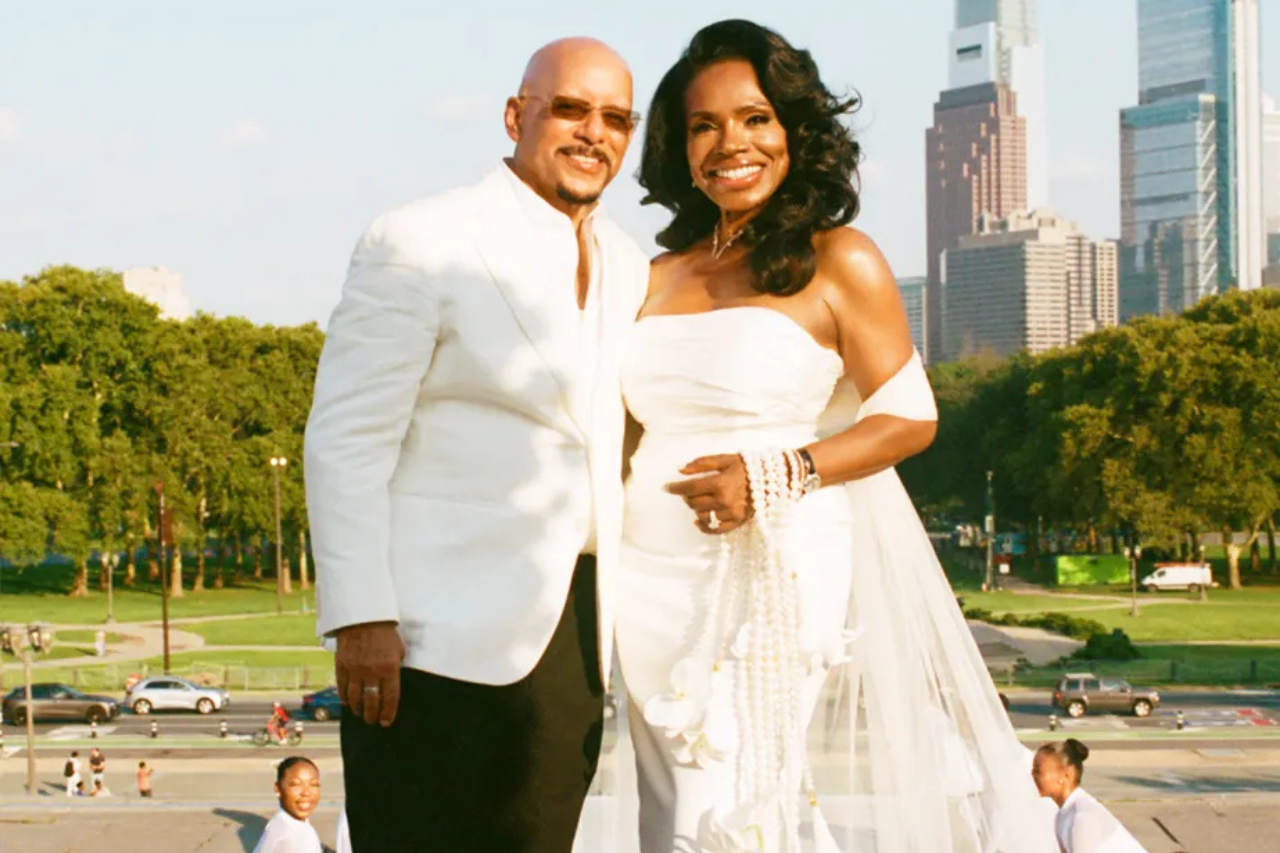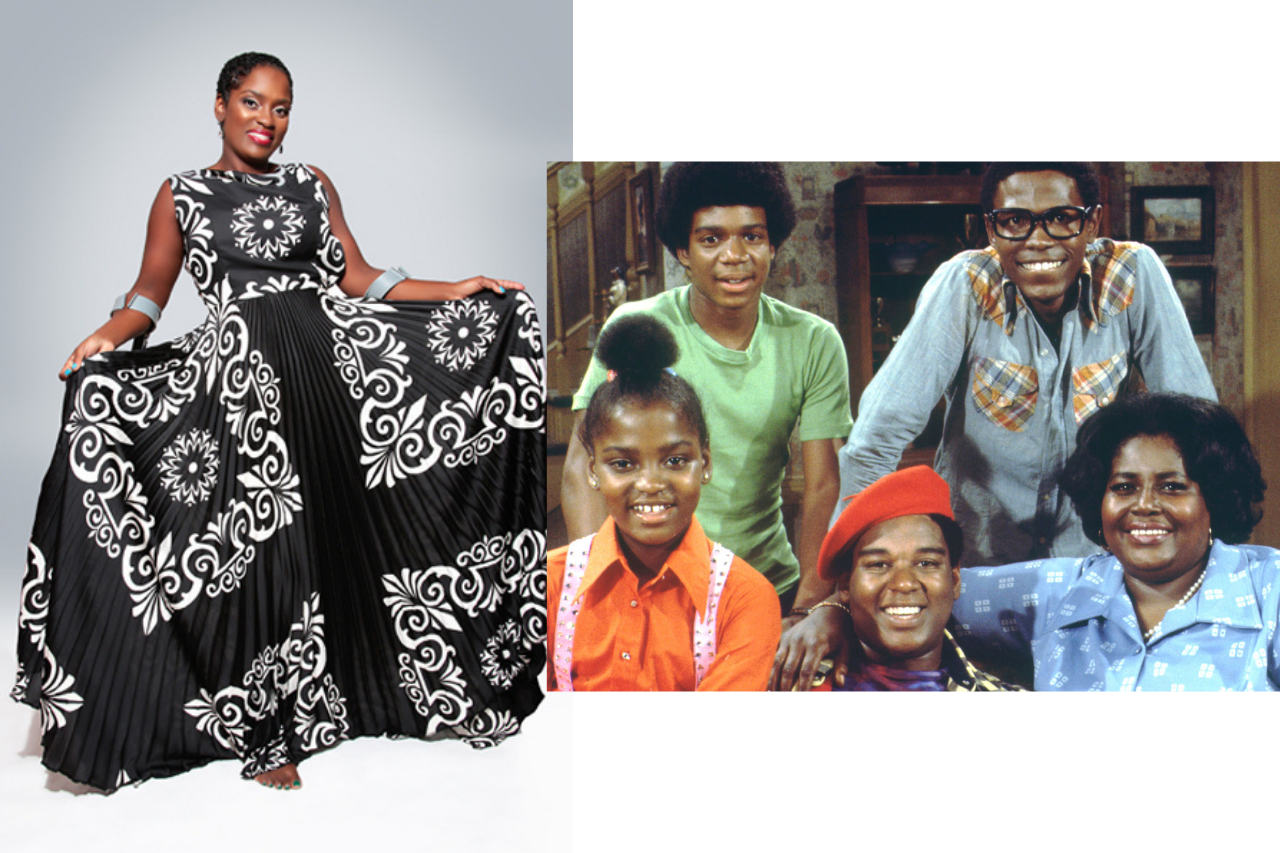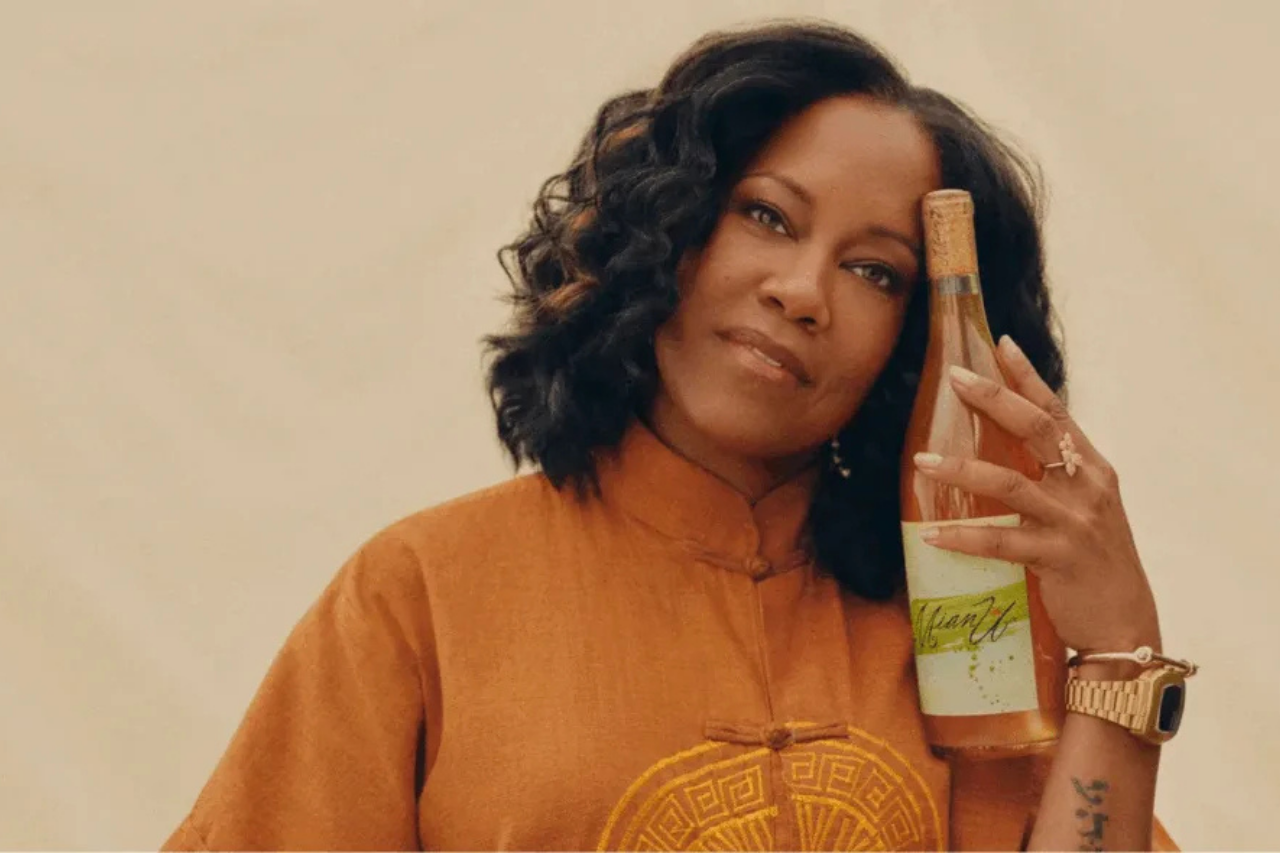Things Many May Not Know About Chip Fields
- She was once a Ronette: Her early career as a singer is rarely mentioned, but it set the foundation for her artistry.
- She gave Janet Jackson her first intense dramatic scenes on Good Times, creating one of the most searing moments of 1970s television.
- She raised her daughters while building her career, often juggling single motherhood with long days on set.
- She mentored across generations, from child stars of the 1990s Nickelodeon era to rising actors in Tyler Perry productions.
- She bridged eras of television, moving from 1970s social dramas to 2000s Disney Channel hits, proving her adaptability and vision.
Not too long ago, an episode of Family Feud gave viewers something unexpected. Steve Harvey, usually known for quick wit and punchlines, paused the game to deliver a heartfelt tribute to Chip Fields. At the time, the moment was touching. Today, it has gone viral all over again, revived across TikTok, Instagram, and YouTube as new audiences discover it.
What struck people then, and continues to resonate now, is how Harvey’s words peeled back the curtain on a woman whose influence has long been felt but rarely named. “If it wasn’t for Chip, I would not be here today,” he said, crediting her for shaping the very trajectory of his career. For many, it was the first time they had heard Chip Fields’ name. For others, it was a reminder that some legacies live quietly in plain sight until the world pauses long enough to honor them.
“Let me just say something. I know a lot of y’all may not know who this woman is… but you’re looking at one of the coolest women to ever come through this business. Chip Fields. Icon. She raised two beautiful daughters. She’s been behind the scenes coaching folks you love, directing some of your favorite shows, and making people great. You don’t even know the half of it. But I do. And I just want to say thank you.” — Steve Harvey, Family Feud
Laverne “Chip” Fields was born on August 5, 1951, in New York City. Before Hollywood came calling, she found her voice in music. She was once a member of The Ronettes, working alongside the iconic Ronnie Spector. During the early 1970s, she recorded songs such as “Go Out and Get It” and “I Wish I Never Saw the Sunshine.” These early years mattered because they marked Chip’s first encounter with the stage lights, and they showed her that performance could be a vessel for both survival and transcendence.
Music would eventually give way to acting, and Chip stepped onto film sets at a time when opportunities for Black women were scarce and often stereotyped. Her screen debut came in Claudine (1974), a film starring Diahann Carroll and James Earl Jones that gave audiences a nuanced portrayal of Black family life. Though Chip’s role was small, the project placed her in the orbit of groundbreaking Black artistry.
Chip Fields became a familiar face on television throughout the 1970s and 1980s. She appeared in shows like Days of Our Lives, Hill Street Blues, What’s Happening!!, and T.J. Hooker. Yet her most unforgettable role came in 1977 on Good Times, where she portrayed Linella Gordon, the abusive birth mother of young Penny, played by Janet Jackson.
That storyline shocked audiences. At a time when sitcoms largely shied away from difficult truths, Chip’s performance exposed the realities of child abuse. Her scenes with Janet Jackson were harrowing and unforgettable. Viewers continue to be struck by the raw authenticity she brought to that role. In many ways, it exemplified her approach to acting: she never coasted on surface emotion but dug deep into the human condition, even when the subject matter was painful.
Beyond her on-screen presence, Chip has also carved out a remarkable career behind the scenes. As a dialogue coach, producer, and director, she has guided performances and stories across some of the most influential Black sitcoms and family shows of the 1990s and 2000s. Some of her credits include Living Single, The Parkers, Girlfriends, One on One, All of Us, Romeo!, Just Jordan, Hannah Montana, Tyler Perry’s House of Payne, and Meet the Browns.
Chip’s list of credits is impressive, but the true measure of her behind-the-scenes influence lies in the way she nurtures talent. Actors who collaborate with her often speak of her steady presence and her ability to draw out their strongest performances. She approaches directing with empathy and teaching with generosity, making every project an experience in both craft and character.
Chip’s greatest productions, however, are her daughters. Kim Fields became a household name in the 1980s as Dorothy “Tootie” Ramsey on The Facts of Life. In the 1990s, she charmed audiences as the fashionable and witty Regine Hunter on Living Single, a role that cemented her as a defining face of Black television. Today, Kim continues to shine as both actress and producer on the hit Netflix comedy The Upshaws, a series praised for its authentic portrayal of Black family life. Through every era of Kim’s career, what many viewers may not realize is that her mother was often just off-camera, guiding her with a careful balance of protection, wisdom, and freedom.
Chip and Kim have even shared screen time. Their real-life mother-daughter bond translates into authenticity on screen, weaving their family love into the fabric of television history. And, Kim has followed in her mother’s footsteps, not only as an actress but as a director, helming episodes of shows like Kenan & Kel and Tyler Perry’s House of Payne. That lineage of artistry and leadership is pure Chip.
Her younger daughter, Alexis Fields, also carved her own successful path in television. Audiences remember her from beloved series like Moesha, Sister, Sister, Kenan & Kel, and All That. Like her sister, Alexis carries herself with a professionalism and grace that echoes the lessons learned from growing up with Chip as both mother and mentor. She’s continuing to build a career that balances her talent with her family life, embodying the same resilience and adaptability her mother modeled.


In April 2024, the Fields legacy reached a new milestone when Kaycie Jackson, the daughter of Alexis Fields and granddaughter of Chip Fields, made her acting debut on the Netflix exclusive series The Upshaws. Cast as “Young Regina,” Kaycie stepped into the world of a show already beloved for its blend of humor, family, and authenticity. Her debut was more than a simple introduction; it was the visible continuation of a three-generation tradition of artistry.
The moment carried a special weight for the family and for fans who have followed their journey. Watching Kaycie on screen felt like witnessing history circle back on itself: Chip Fields, who once electrified audiences on Good Times, raised two daughters who made their own indelible marks on television, and now a granddaughter is beginning to carve her own path. For Chip, the debut must have been a deeply affirming moment, proof that her influence and dedication are not only preserved but actively blossoming into the future.
Chip Fields’ influence extends far beyond her résumé. She has been a bridge-builder in Black Hollywood, creating opportunities and modeling professionalism at a time when Black women were often typecast, underpaid, or overlooked. She helped expand the scope of what Black women could do in television, not only starring in stories but writing, shaping, and directing them.

Chip joined Ronnie Spector’s reformed version of The Ronettes in 1973, alongside Denise Edwards, after the original members (Estelle and Nedra) were no longer performing. They made their debut at “Rock and Roll Revival” shows and recorded two singles—“Go Out and Get It” (1973) and “I Wish I Never Saw the Sunshine” (1974)—under the billing Ronnie Spector and The Ronettes
Her work behind the camera also means creating environments where young Black actors feel safe and supported. For actresses like Janet Jackson, Queen Latifah, and countless others, Chip is not just another name in the credits. She is a guardian, a standard-bearer, and an example of what it means to endure in an industry that can be merciless.
Her story is also a reminder that representation happens behind the scenes as much as in front of the camera. When Chip directed an episode of Girlfriends or coached dialogue on Living Single, she was shaping how Black women’s lives were represented to millions of viewers. In doing so, she expanded the scope of what was possible on screen.
She bridged eras, moving from the socially conscious dramas of the 1970s to the comedic brilliance of 1990s Black sitcoms, and even to the tween-friendly world of Hannah Montana. That adaptability is rare and speaks to her genius as both artist and mentor.
When Steve Harvey honored her, it struck a cultural nerve. It was not just about Chip Fields. It was about the invisibility of so many women like her, Black women whose labor, wisdom, and artistry have built the scaffolding of Hollywood while rarely being recognized. Chip represents a lineage of Black women in Hollywood who did the work without demanding the spotlight. She pours into others, and in doing so, is shaping the culture.
Chip Fields’ story matters because it continues to prove that true legacy is shaped not just on stage or screen but in the steady, loving work that endures behind the scenes.
In honoring her, Harvey invited audiences to look again and to remember the names that history sometimes forgets. That moment was not just about one woman but about the erasure of so many women like her. It was about giving flowers in real time.
Chip Fields is more than an actress, more than a director, and more than a mother to two accomplished daughters. She is an architect of possibility. She has shown that Black women can be multifaceted forces in an industry that often tries to confine them. She has given us performances that cut deep, guidance that lifted others, and a family that continues to carry her artistry into the future.
Her story is not finished, and perhaps that is the most important point. Chip Fields is still here, still shaping, still teaching, still inspiring. To know her name is to honor an entire lineage of resilience and brilliance in Black Hollywood.
Steve Harvey’s tribute may have been the spark, but the flame is hers.
Discover more from MidScroll
Subscribe to get the latest posts sent to your email.



